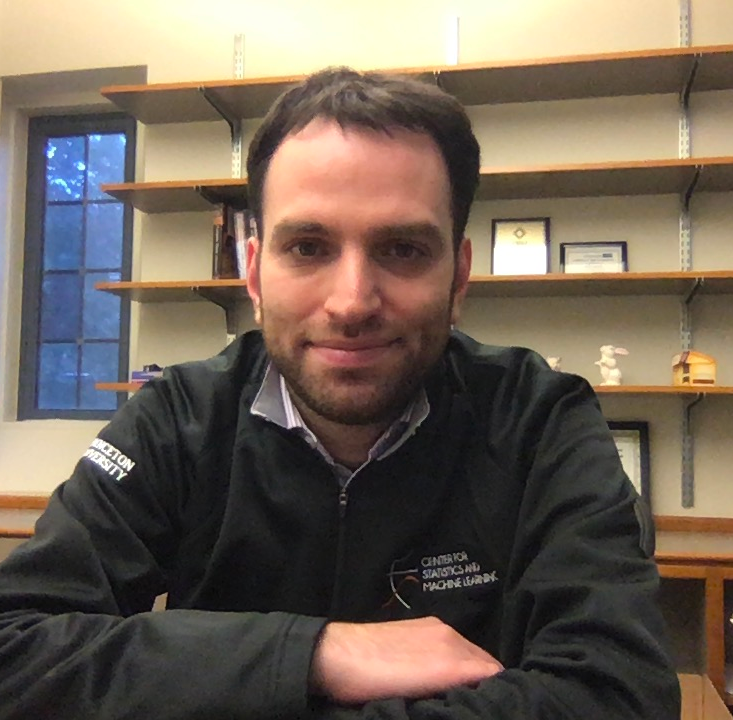SML310: Research Projects in Data Science
Fall 2019
Course staff
Course description This seminar course will support studens as they work on a data science project with a dataset that they selected. The course introduces several core techniques in data science, in lectures and in mini-projects. Students will select a dataset of interest to them and produce an analysis or a data product, and a project report. Students will combine domain knowledge and technical expertise to produce their analyses and/or data products.

